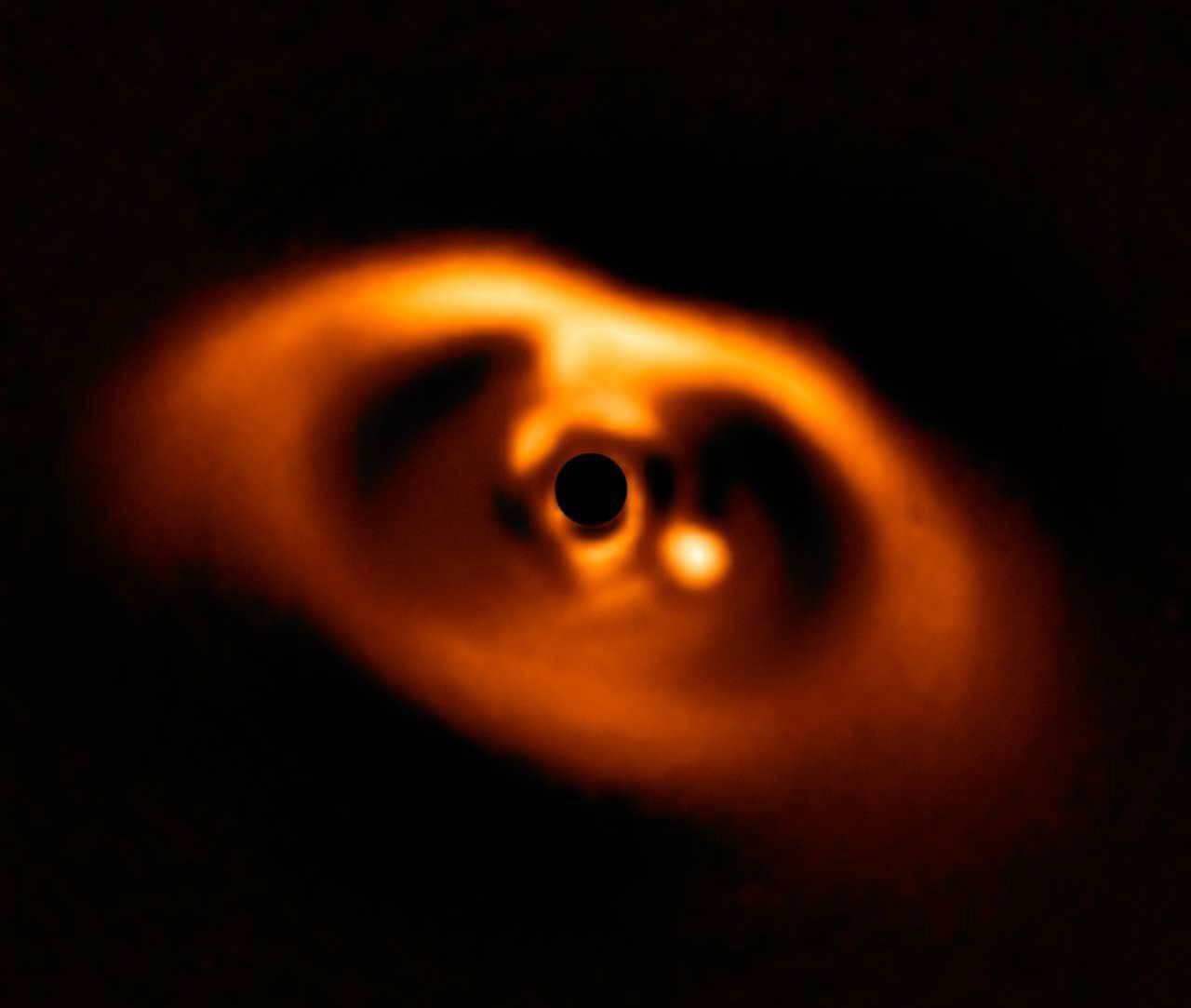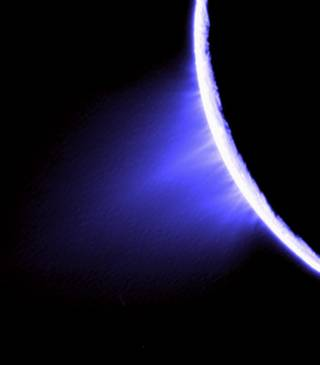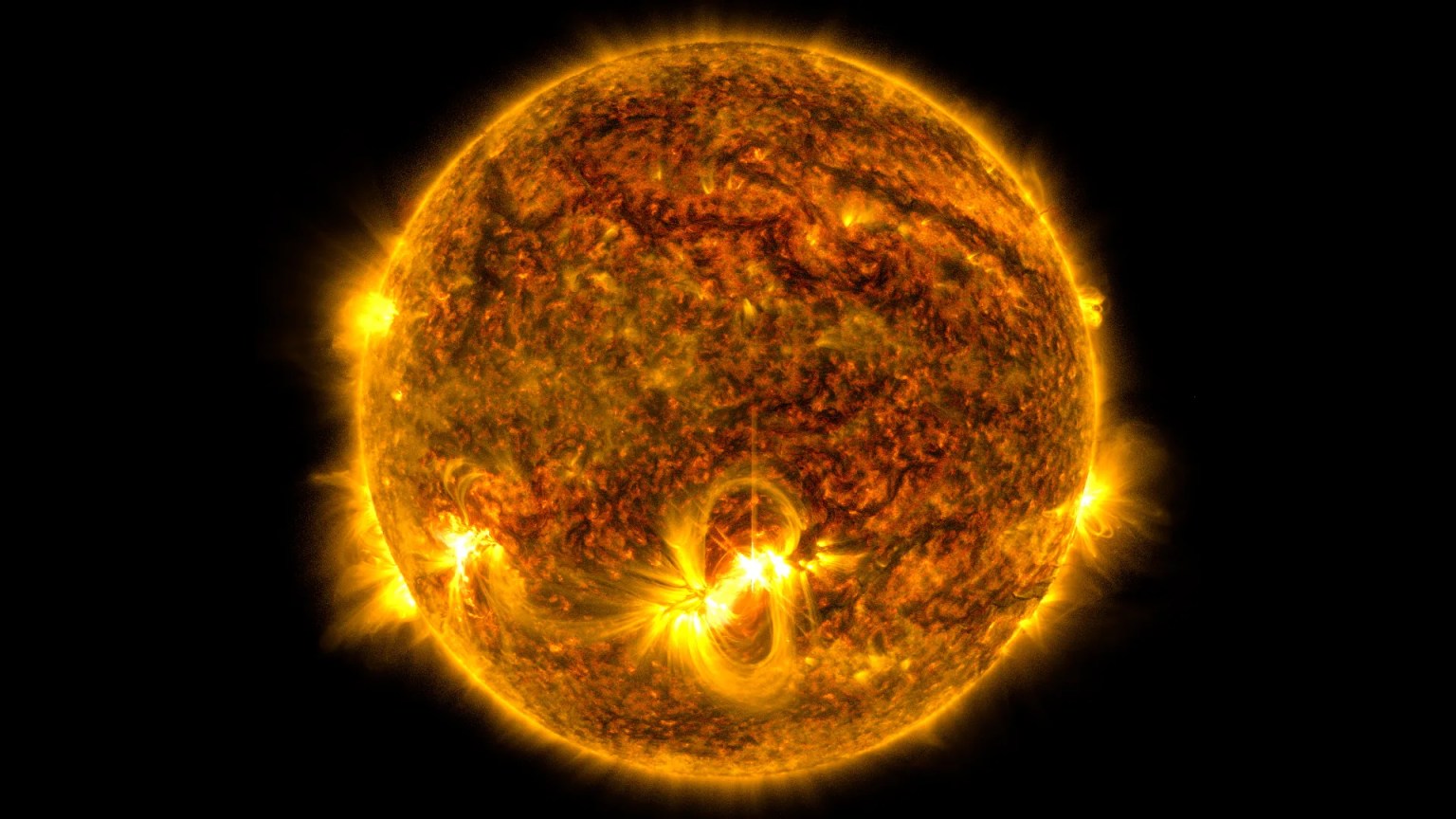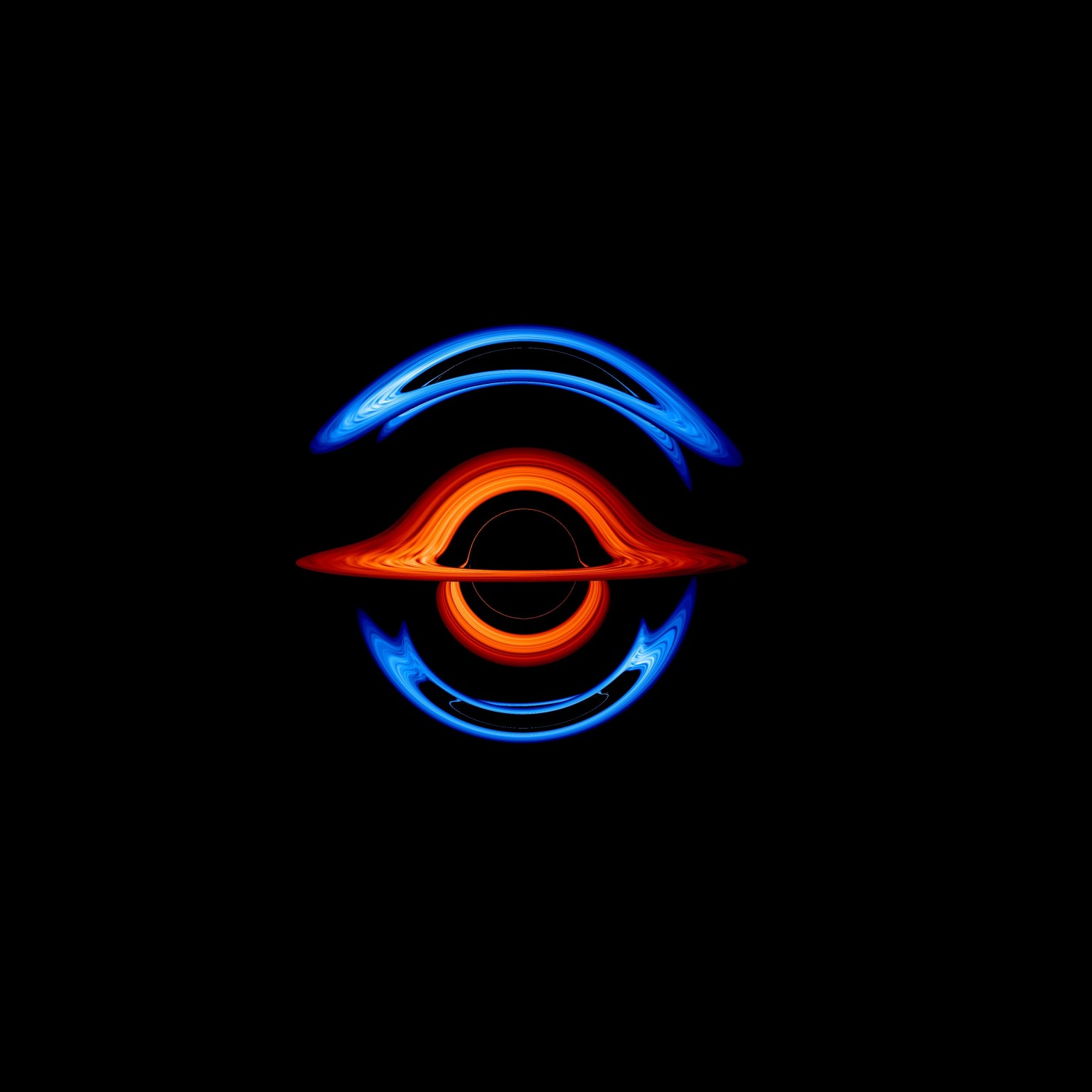A planet is a celestial body that is in orbit around a star; it has enough mass for its gravity to create a round shape; and it has cleared its neighborhood of smaller objects.
Once planets form in disks, they are not going to stay in place. It is impossible to know what a system will look like once it matures just from looking at the baby planets.
As planets grow and accrete mass, and the gas from the disk is absorbed by larger planets or dissipates into space, they move around and interact with other planets in the disk.
Newly formed planets may orbit on collision courses with each other as the absence of gas makes moving around the star easier.
Bigger planets may kick smaller bodies into the star or even out of the system. This is one possible explanation for how “rogue planets," or planets that do not orbit stars, come to exist.
Nothing stays young forever; every planetary system eventually hits middle age, just like our own. In our own system we have defined what it means to be a planet. A planet is defined as a celestial body that (a) is in orbit around a star, (b) has enough mass for its gravity to create a round shape, and (c) has cleared its neighborhood of smaller objects.






























